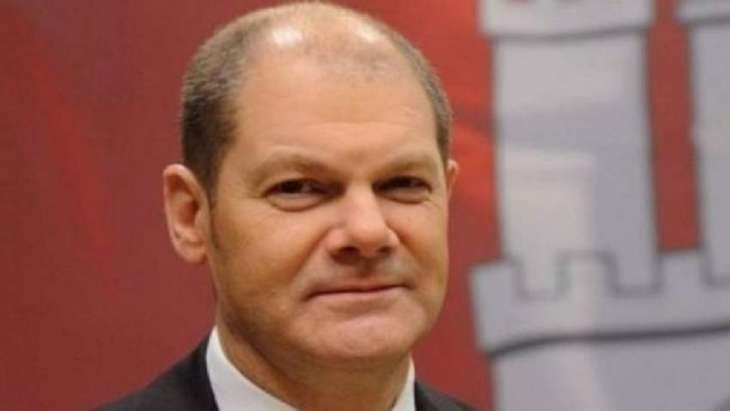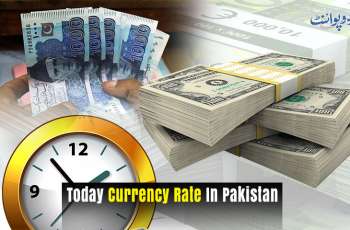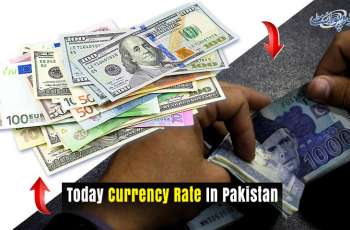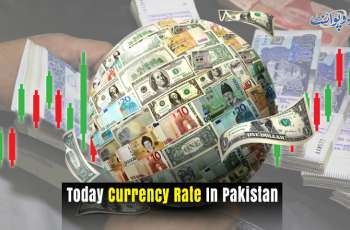Some 6.4 billion euros ($7.4 billion) that European creditors will return to Greece represent an official recognition of the fact that these funds belong to Athens and have not been taken from the pockets of EU taxpayers, members of the European Parliament from Greece told Sputnik on Wednesday
MOSCOW (Pakistan Point News / Sputnik - 29th August, 2018) Some 6.4 billion Euros ($7.4 billion) that European creditors will return to Greece represent an official recognition of the fact that these funds belong to Athens and have not been taken from the pockets of EU taxpayers, members of the European Parliament from Greece told Sputnik on Wednesday.
Earlier in August, German Finance Minister Olaf Scholz said that the banks that bought Greek bonds in the course of the crisis would return to Greece the interest they had received. Scholz emphasized that nobody wanted to benefit from the Greek crisis.
"[Prime Minister Alexis] Tsipras government and my party, SYRIZA, with large support of the majority of the European Parliament ... succeeded to have a decision, a unanimous decision, from the large Eurogroup in the beginning of summer 2018, to give back to Greece ... total amount of 6.4 billion euros, which is a result of profits of the Central European Bank and of the national state banks. I think that this positive outcome is ... an official acceptance that that money belongs to Greece and the Greek people," Dimitrios Papadimoulis, the vice-president of the European Parliament, said.
Stelios Kouloglou, the chair the Committee on Development of the European Parliament, who is also a member of the SYRIZA party, noted that European countries have benefited from the Greek crisis because the interest that German banks earned after giving loans to Greece was "enormous." For example, Germany received 9.2 billion euros in interest from loans given to Greece, the lawmaker added.
However, these interest rates would not be given back to Greece, Kouloglou continued.
"Not the money from the interest rates will be given back to Greece ... The decision for the money to be returned to Greece does not concern the loans, this concerns the profits from the bonds ... The banks of the member states bought Greek bonds at the very low prices and then they profited from that. This is the money that will be given back ... Nobody is taking the money from the pockets of the European citizens to be given back to Greece," Kouloglou stressed.
Papadimoulis expressed satisfaction with the fact that after eight years of crisis and austerity reforms, Greece had become economically independent, decreased unemployment rates and raised productivity and exports.
Kouloglou, in his turn, noted that despite the fact that Greece regained its financial sovereignty, Athens agreed to stick to tax rules imposed on it by the European Union.
On August 20, Greece successfully concluded the financial assistance program of the European Stability Mechanism (ESM), the international financial institution set up by the euro area member states.
A series of crises hit Greece in the aftermath of the global financial downturn of 2007-08. Between 2010 and 2012, 52.9 billion euros in loans were disbursed to Greece by eurozone members under the so-called Greek Loan Facility to help Athens. In 2012-2015, Greece received 141.8 billion euros in loans from the European Financial Stability Facility.
The latest 86 million euro Greece support package was agreed by ESM members in August 2015, and Athens received 61.9 billion euros between 2015 and 2018. The remaining 24.1 million euros of the bailout were not needed.
Greece also received 32.1 billion euros in loans from the International Monetary Fund (IMF) to tackle the economic crisis.
The Greek authorities were forced to carry out unpopular austerity reforms in exchange for the loans, prompting protests by he public.




